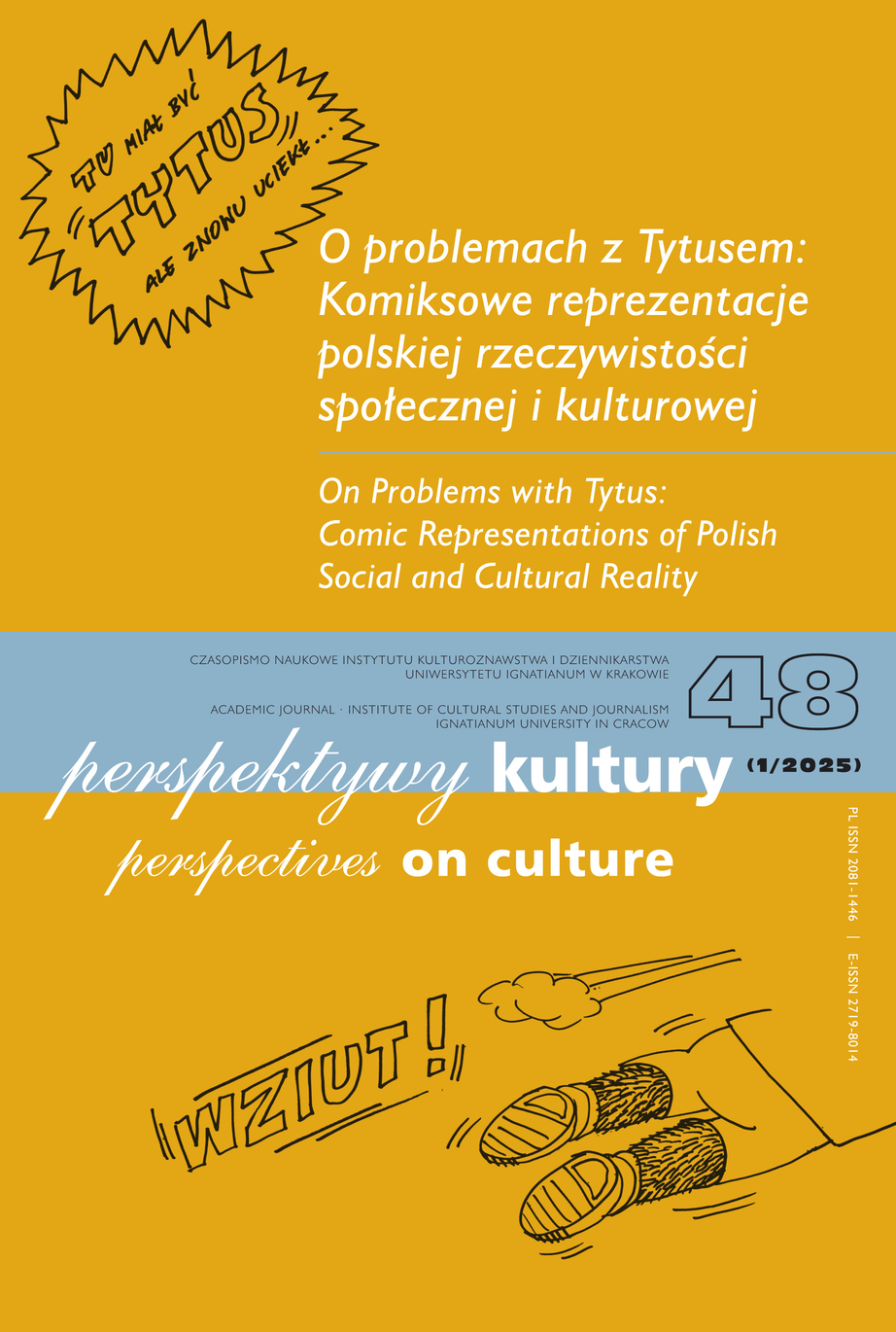English
Review: Kulczycki, E. (2023). Evaluation Game. How Publication Metrics Shape Scholarly Communication. Cambridge: Cambridge University Press, viii+228 pp.
Abstrakt
“Excellence” has become a popular buzzword in Polish scientific discourse. Ministry programs titled “Excellent Science,” the competition “Excellence Initiative – Research University,” and entries about “excellence” in the strategies of various universities and research institutes all testify to the entrenched use of this concept in thinking about science, conducting research, and publishing. Of course, the concept of “excellence” appeared in European and global discussions about science much earlier (the term “Excellence” has been widely used in the scientific context in the European Union since at least the beginning of the 21st century. The “European Research Council” (ERC), founded in 2007, uses “excellence” as a critical criterion in the evaluation and funding of scientific projects. The ERC organised the conference “Excellence 2012” in Denmark, which also demonstrates the popularity of this term). However, it has resonated in Poland, especially in the last few years. Nevertheless, we should immediately add that, in education, realism took root in the discourse quite early when Quality Enhancement, an assumed infinite process, replaced the slogan of Quality Assurance (implicitly high). Excellence, however, as an idea, has mythical and utopian assumptions.
Bibliografia
“Evaluation Game. How Publication Metrics Shape Scholarly Communication” (CUP, Cambridge 2023) by Emanuela Kulczycki
Copyright (c) 2025 Perspektywy Kultury

Utwór dostępny jest na licencji Creative Commons Uznanie autorstwa – Bez utworów zależnych 4.0 Międzynarodowe.
Autor, zgłaszając swój artykuł, wyraża zgodę na korzystanie przez Wydawnictwo Uniwersystet Ignatianum z utworu na następujących polach eksploatacji:
- utrwalania utworu w formie papierowej, a także na nośniku cyfrowym lub magnetycznym;
- zwielokrotnienia utworu dowolną techniką, bez ograniczenia ilości wydań i liczby egzemplarzy;
- rozpowszechniania utworu i jego zwielokrotnionych egzemplarzy na jakimkolwiek nośniku, w tym wprowadzenia do obrotu, sprzedaży, użyczenia, najmu;
- wprowadzenia utworu do pamięci komputera;
- rozpowszechniania utworu w sieciach informatycznych, w tym w sieci Internet;
- publicznego wykonania, wystawienia, wyświetlenia, odtworzenia oraz nadawania i reemitowania, a także publicznego udostępniania utworu w taki sposób, aby każdy mógł mieć do niego dostęp w miejscu i czasie przez siebie wybranym.
Wydawca zobowiązuje się szanować osobiste prawa autorskie do utworu.





